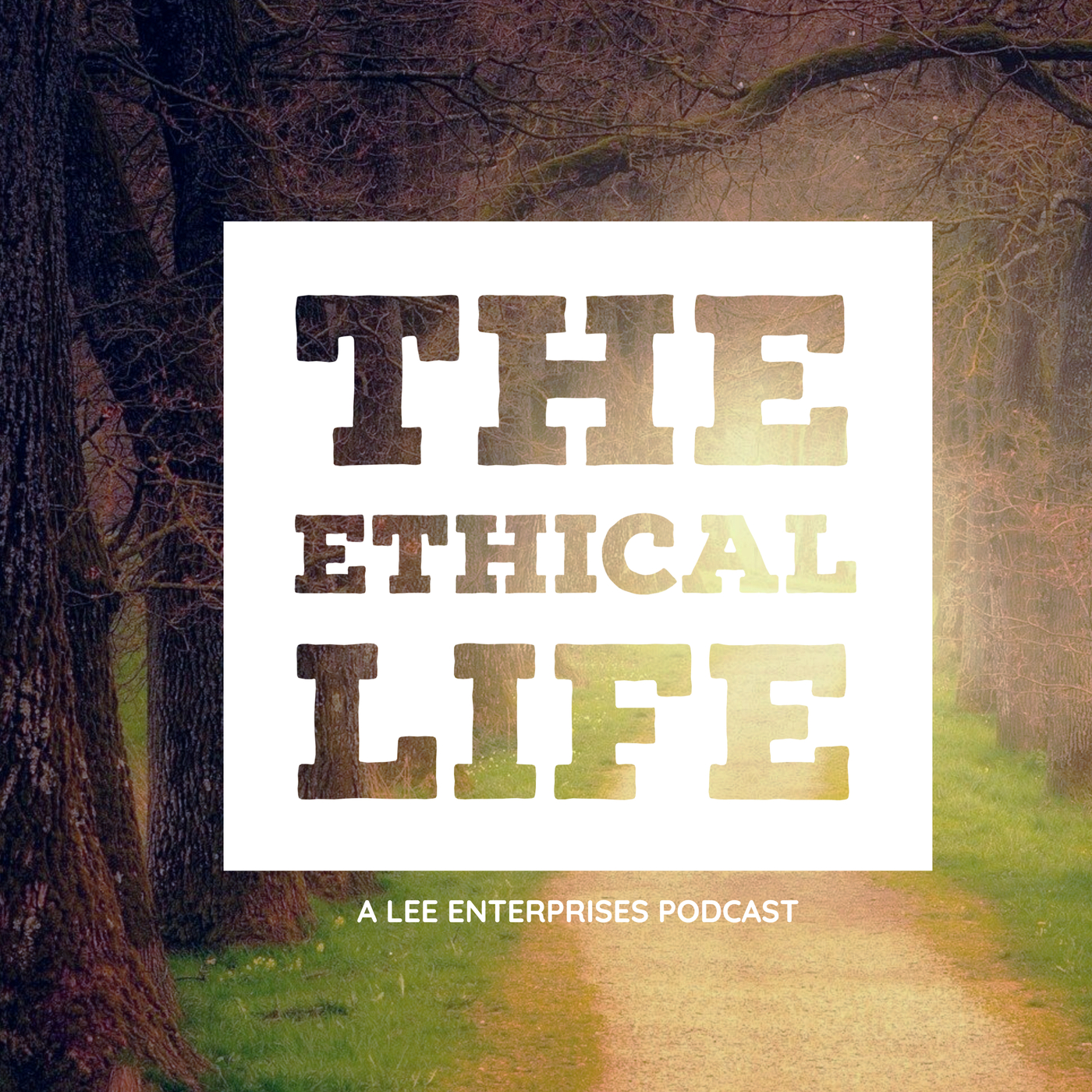About this episode
Published September 24th, 2025, 05:00 pm
Episode 213: What does it mean to live a meaningful life? That question is at the center of the latest episode of The Ethical Life podcast, hosted by Richard Kyte and Scott Rada.
The conversation begins with the story of a young kayaker who saved a stranger from drowning. Afterward, he reflected simply: “I was useful.” For Kyte, that statement underscores how rare it is for people to feel their actions truly matter. A sense of usefulness, he argues, is often more central to a fulfilling existence than money, entertainment or personal advancement.
The hosts extend the discussion to professions such as teaching and nursing. Many who enter these fields do so not for financial rewards but out of a desire to make a difference. The gratitude of students or patients can provide daily reinforcement that their work matters. Yet both hosts note that burnout is common, especially among those in underpaid or overstressed roles such as certified nursing assistants and home-health workers. Purpose matters, they conclude, but it cannot substitute for fair compensation and sustainable working conditions.
The episode also reaches back to philosophy. Kyte explains Plato’s “Allegory of the Cave,” in which prisoners mistake shadows for reality until one is freed to see the truth beyond. The metaphor, he says, reflects today’s challenges of distraction and distortion — whether through constant entertainment, doomscrolling or overreliance on artificial intelligence. Rada presses him on modern parallels, and both agree that meaning requires turning toward reality in the company of others.
The consequences of ignoring that truth are sobering. The FBI now uses the term “nihilistic violent extremism” to describe acts rooted in the belief that life is meaningless. While most people never reach such extremes, the hosts note that apathy, addiction and cynicism often grow from the same soil of disconnection.
Research, however, shows that small, intentional practices can counter these patterns. Habits shape character: generosity leads to gratitude, while constant online conflict fosters defensiveness. A meta-analysis of workplace wellness programs found that most initiatives —yoga, mindfulness, perks — had little effect. One exception stood out: volunteering. Companies that support service opportunities consistently see stronger morale and healthier cultures.
The conversation closes with a reminder that fulfillment is rarely found in isolation. Joining organizations, forming friendships and accepting responsibility for others provide daily opportunities to be useful in ways that matter.
This episode continues the show’s occasional series tied to Kyte’s lecture program, The Search for Meaning. All of those talks are available on YouTube.
Social media links
Subscribe
